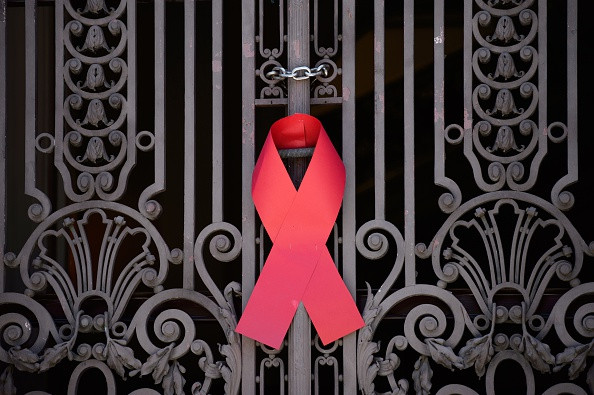World Aids Day 2015: Life-saving HIV drugs in short supply in Africa

Antiretroviral drugs used in the treatment of HIV infection, which causes Aids, are not available in sufficient quantities in sub-Saharan Africa, reveals a new report as the 28th World Aids Day is observed on 1 December. The report calls for "urgent improvements" in the HIV drugs supply chains in the region.
The report by Medicins Sans Frontiers (MSF) highlights out of stock position of antiretroviral medicines at local health centres in South Africa, Mozambique, Malawi and the Democratic Republic of Congo (DRC). "Most stock outs are due to the inability of ARV supply chains to ensure last mile delivery: the necessary medicines are available in the country but do not reach peripheral clinics because of cumbersome procedures, logistical challenges or lack of resources," the medical humanitarian organisation that delivers emergency aid to people worldwide said in its report.
Of the four countries surveyed in the report, Malawi is the only case where the life-saving HIV drugs reach the last mile, suggesting that proper supply chains can be established even in a resource-poor setting. The situation in the other three countries is equally bad. People living with HIV are often forced to switch to alternative treatment and they get sick because of opportunistic diseases.
"Once I was two weeks without my ARVs (antiretroviral). When I arrived at the health centre I was told there was no nurse there and no one found an alternative solution for me, so I went back home empty handed and desperate. I know that without drugs the virus will multiply in my body, I will get sick and could eventually die. Stock outs also force us to walk long distances to return to the health centre again and again," Sanculani Langui, an HIV patient in Mozambique, was quoted as saying in the report's testimony.
The report suggests measures to fix the supply chain issues in the region to accelerate the process to end the Aids epidemic. It shows that improving medicine delivery to the last mile will require long-term commitment from countries and international donors.
"We cannot fight HIV without medicines. To efficiently protect individuals' health and decrease HIV transmission in communities, antiretroviral treatment needs to be taken for life, without interruption," the organisation's medical coordinator in South Africa, Dr Gilles Van Cutsem, said.
According to the report, simple emergency measures can also help quickly decrease the impact of stock outs on patients. "People living with HIV in South Africa and Mozambique have started playing a role in monitoring medicine availability at clinic level and alerting central governments of stock outs," the report added.
© Copyright IBTimes 2025. All rights reserved.





















